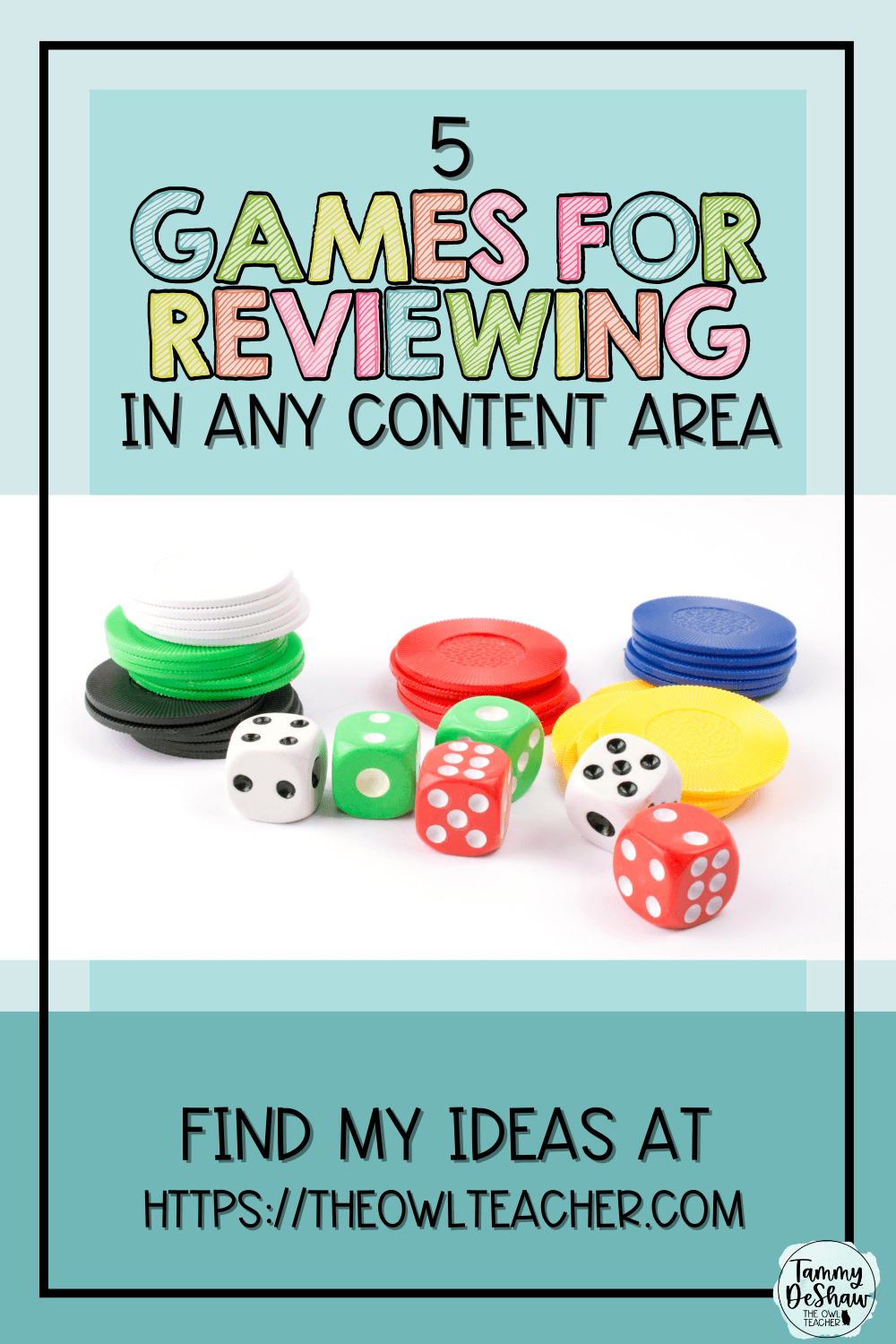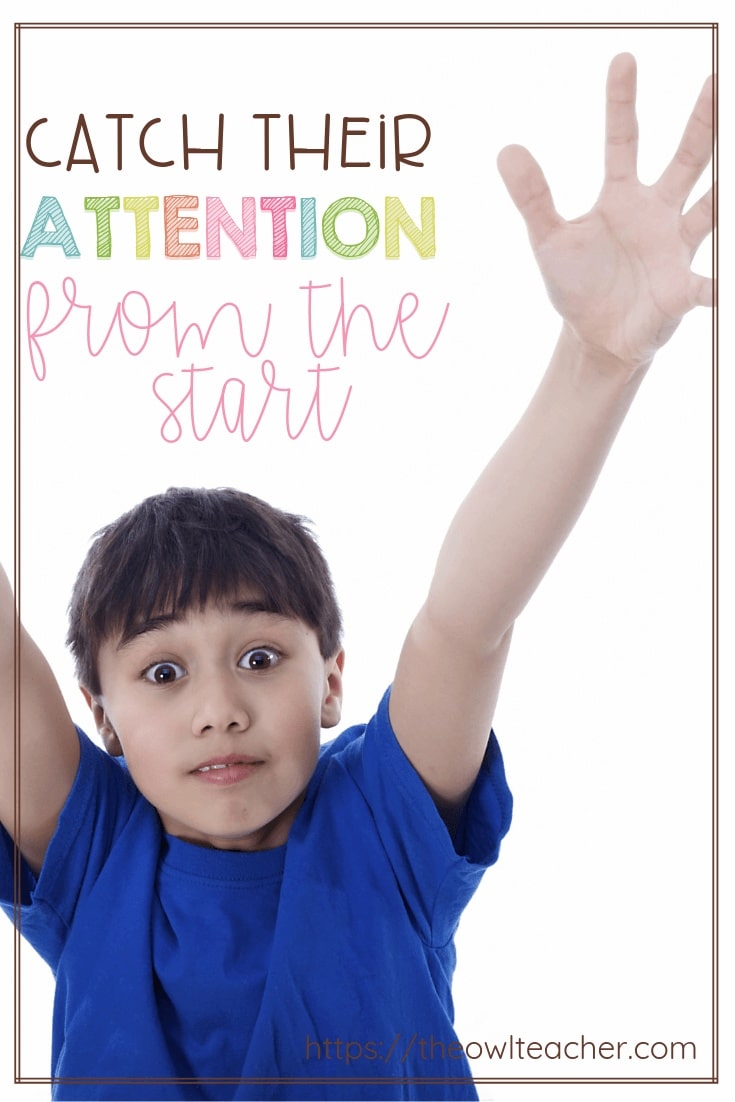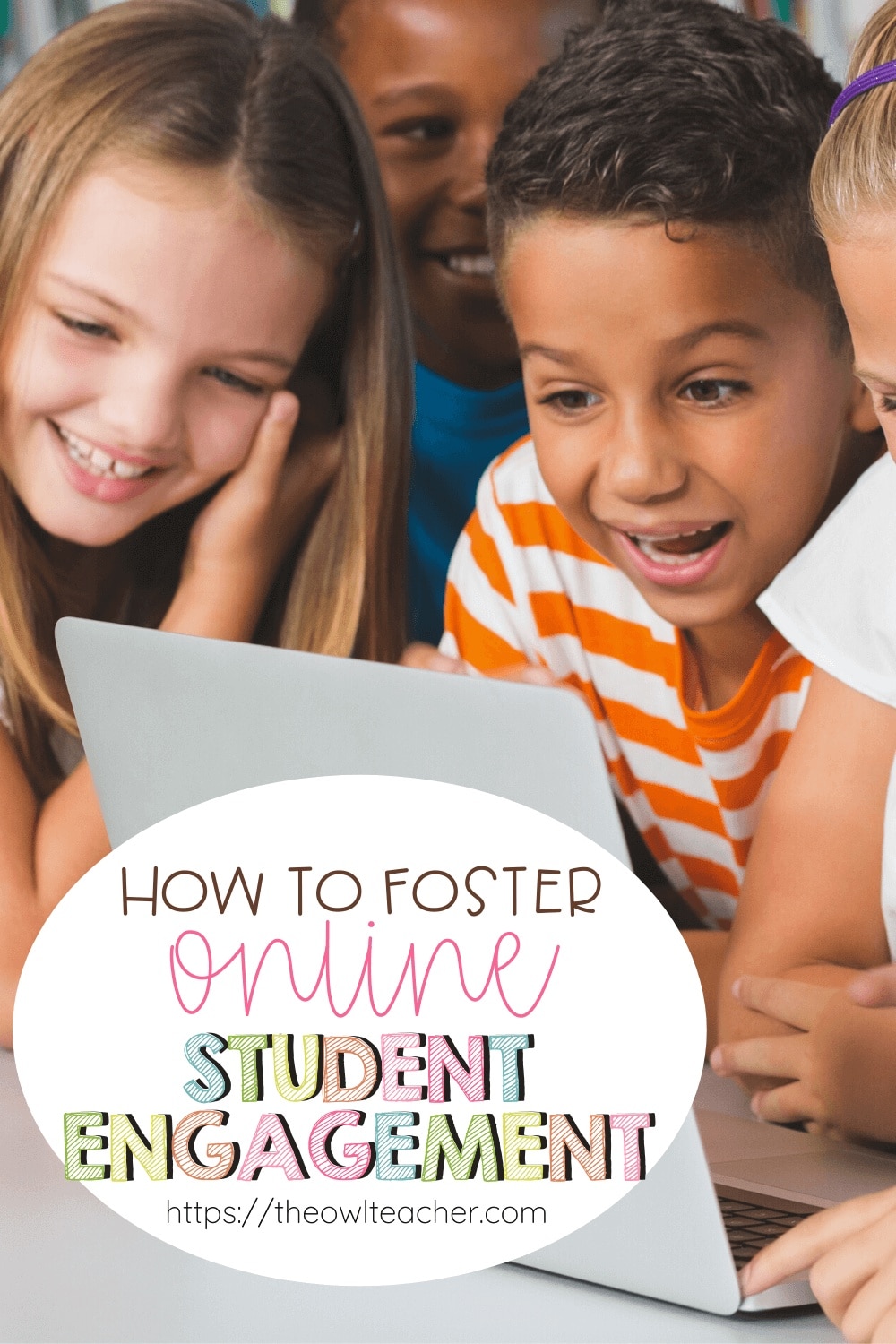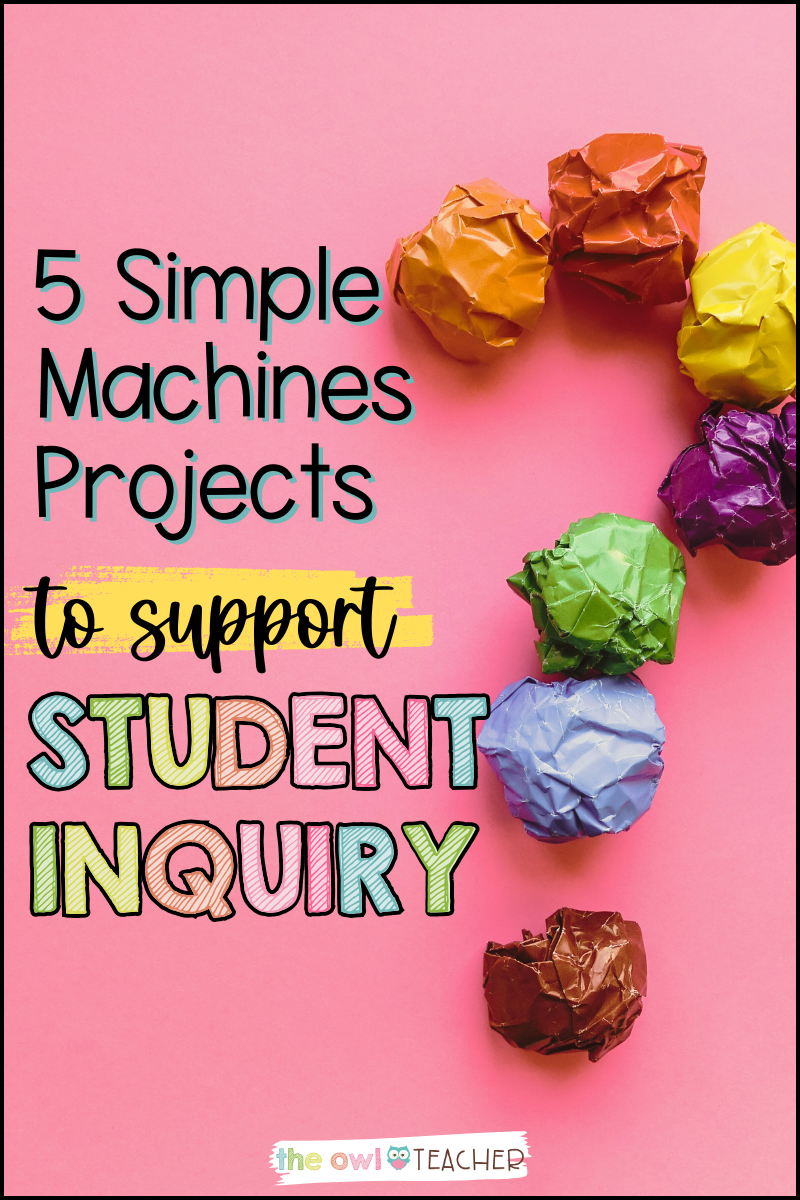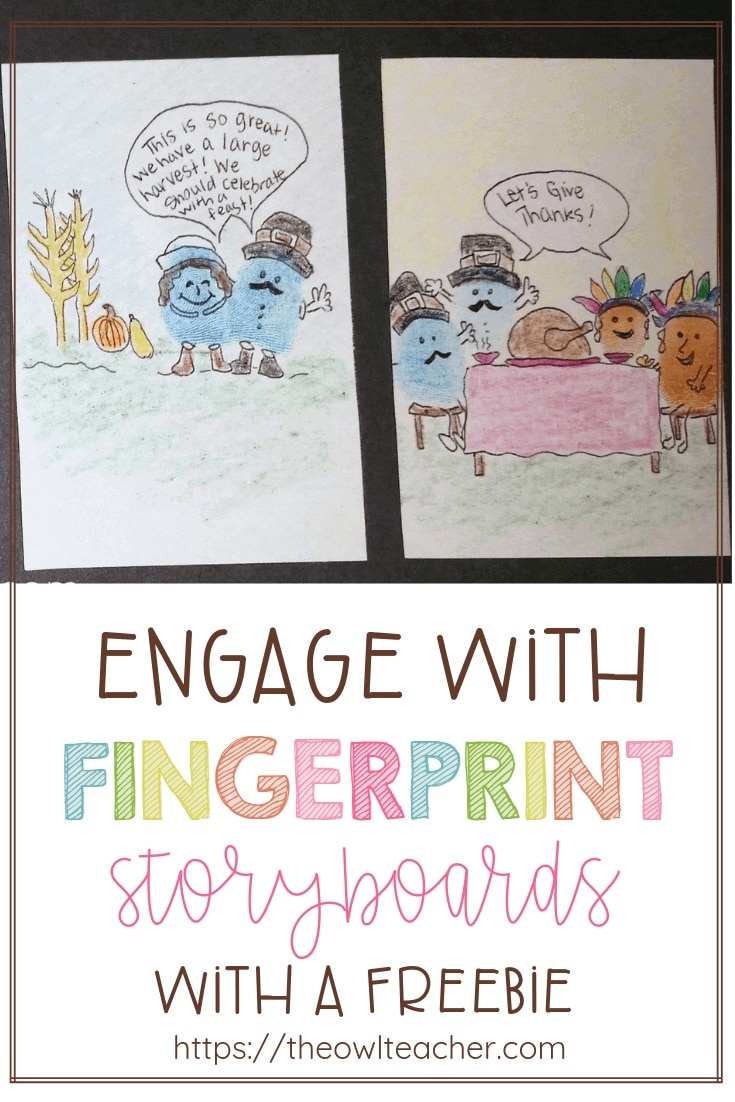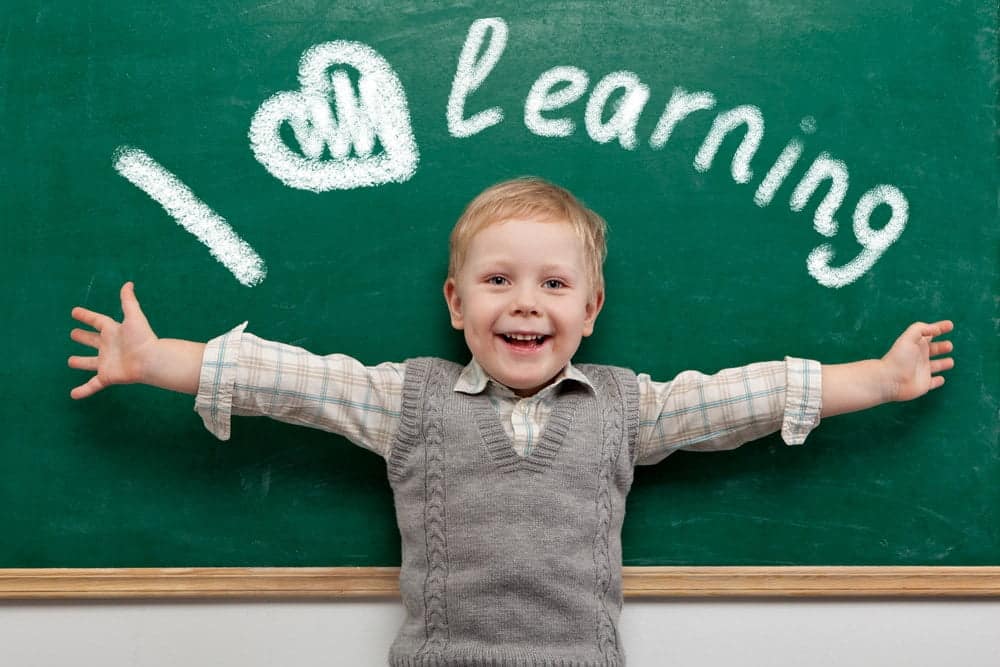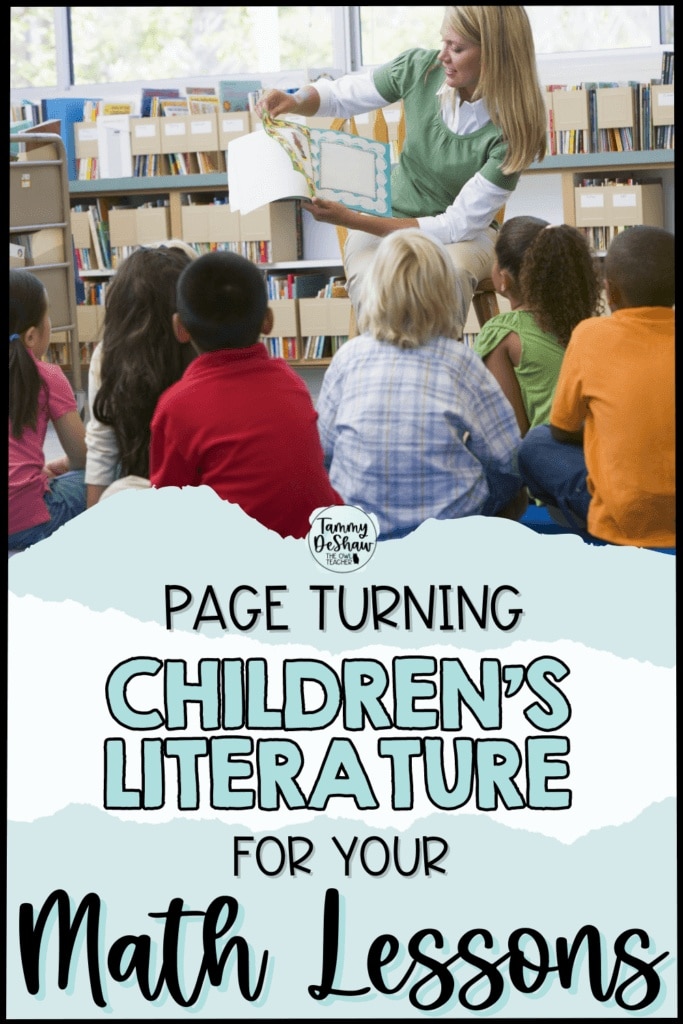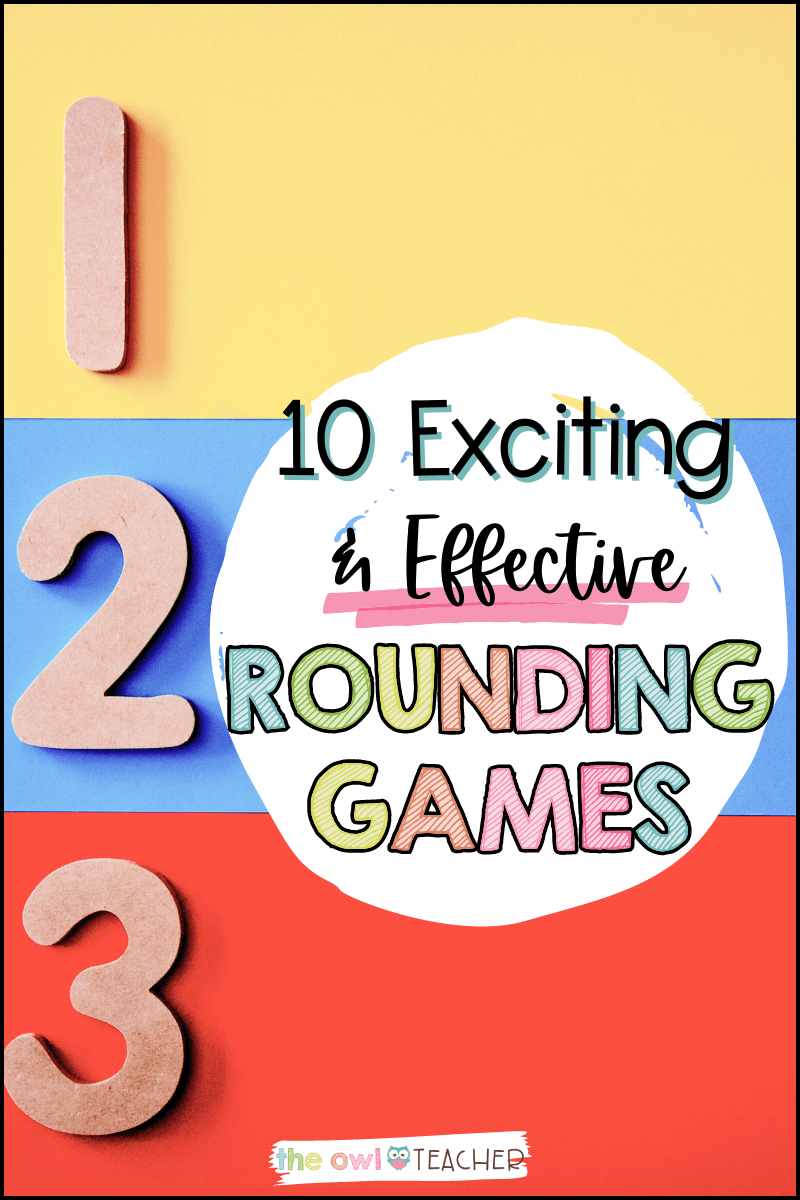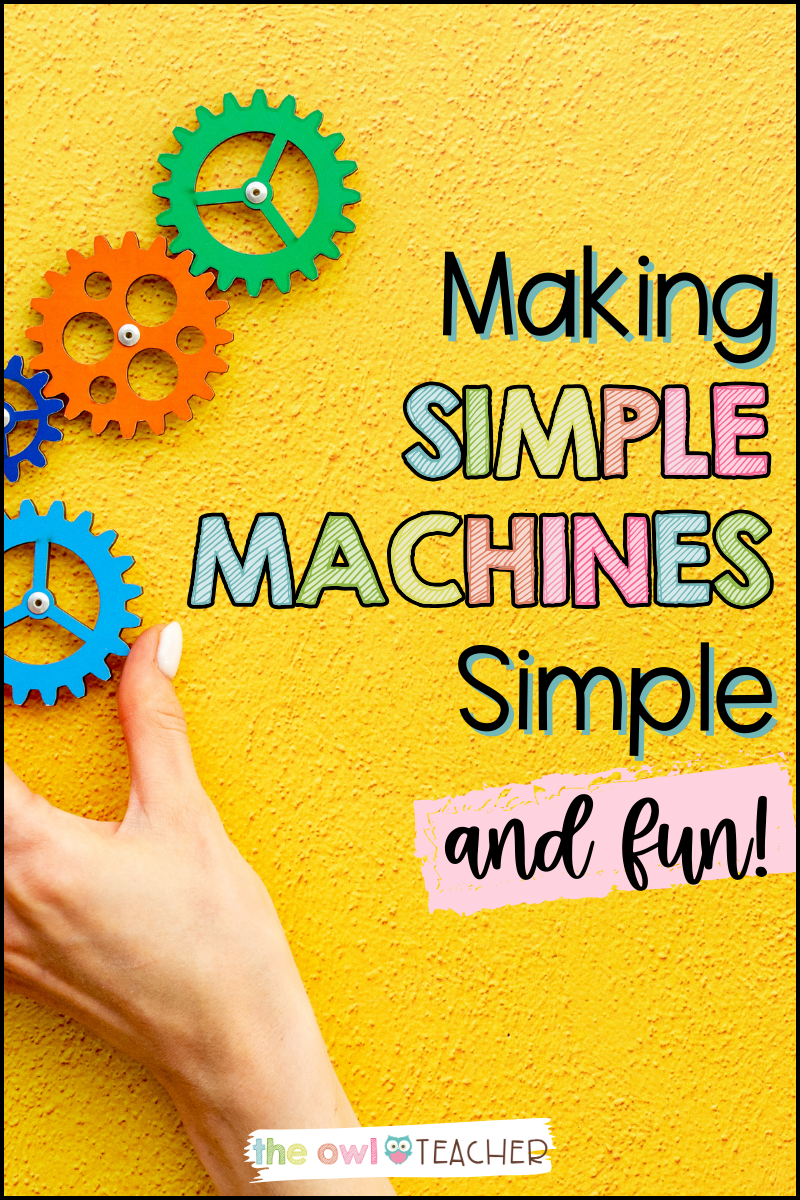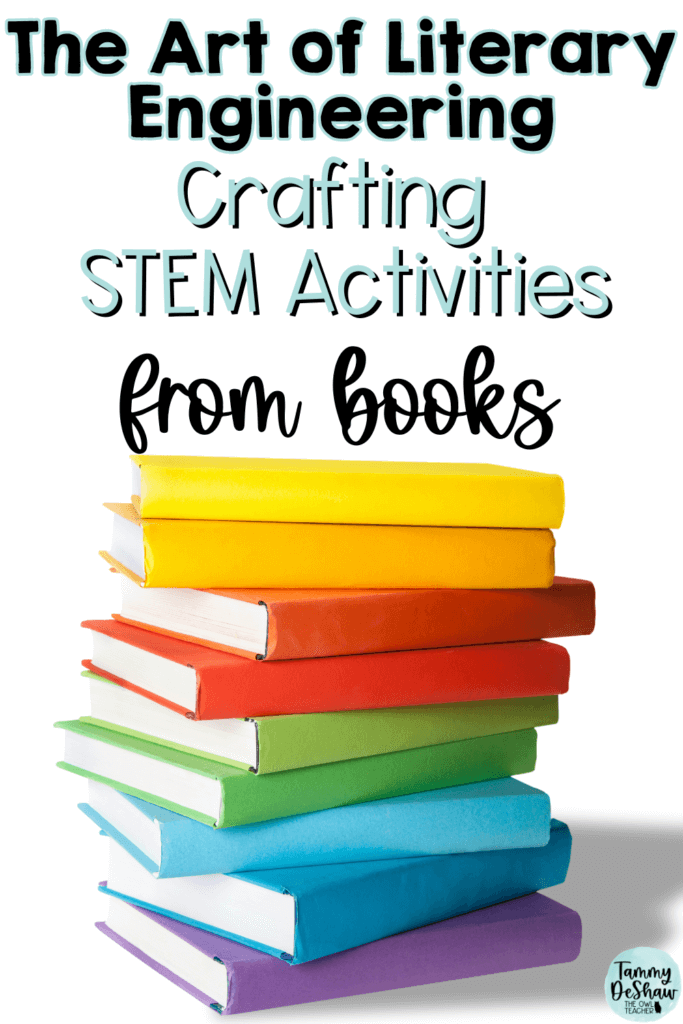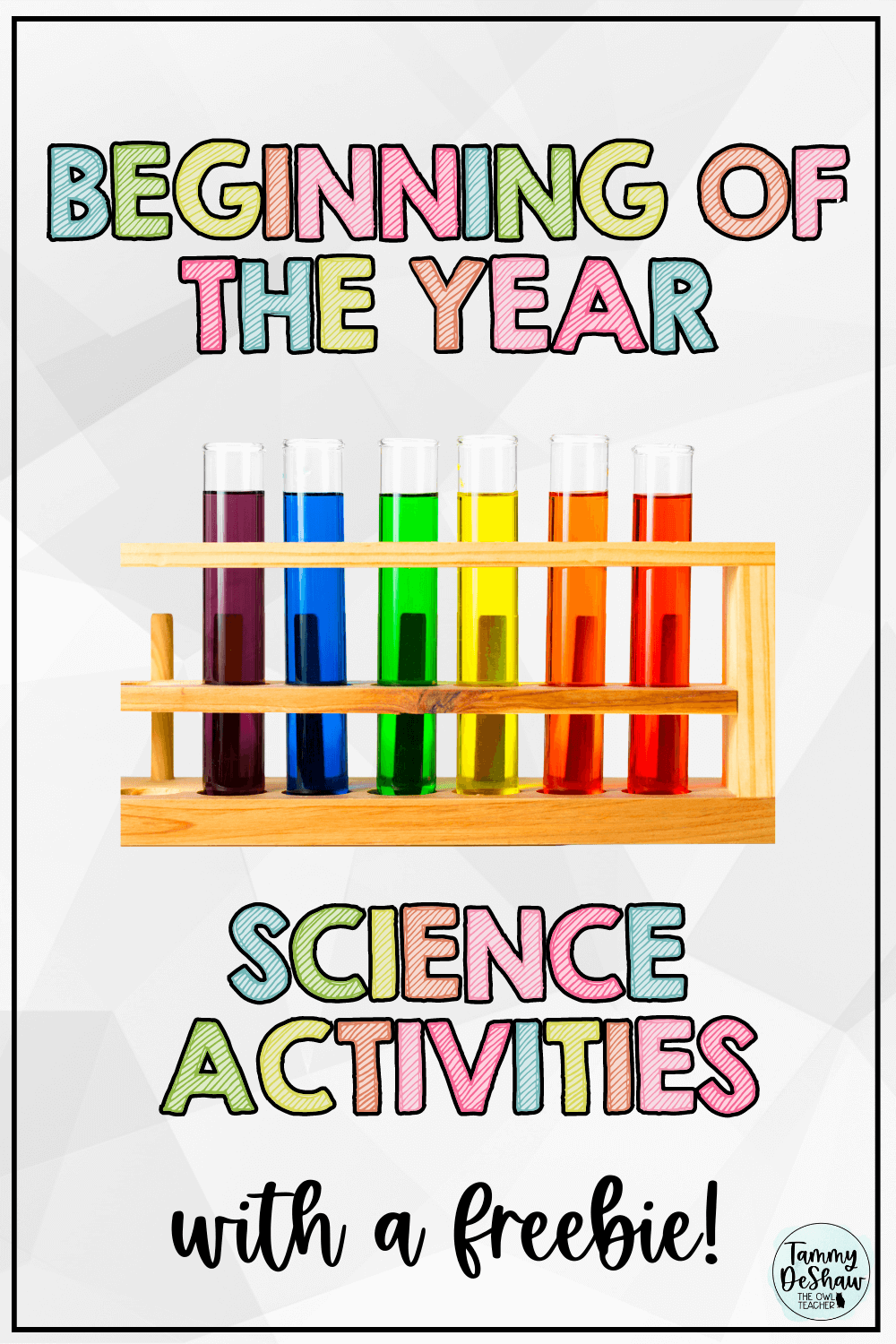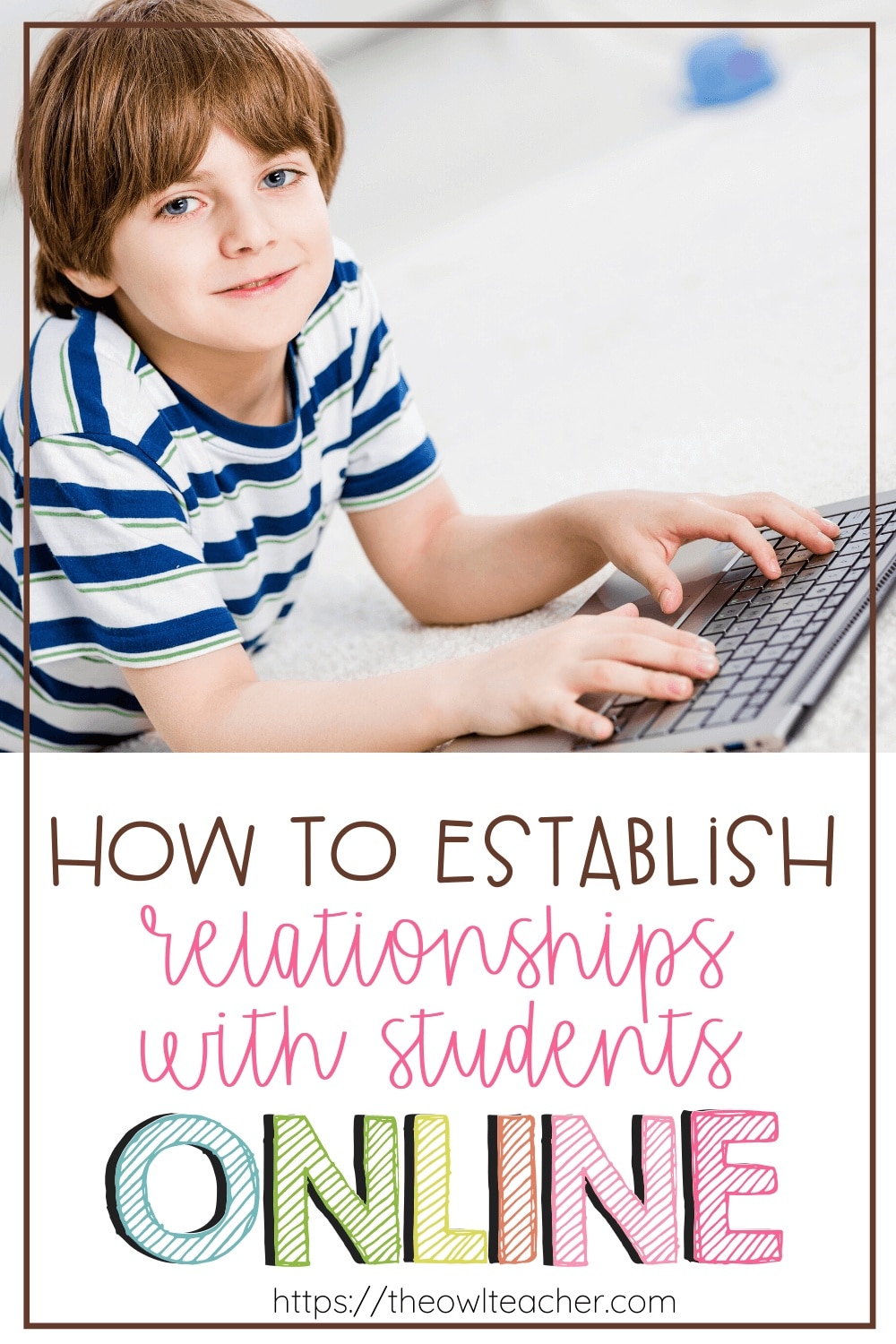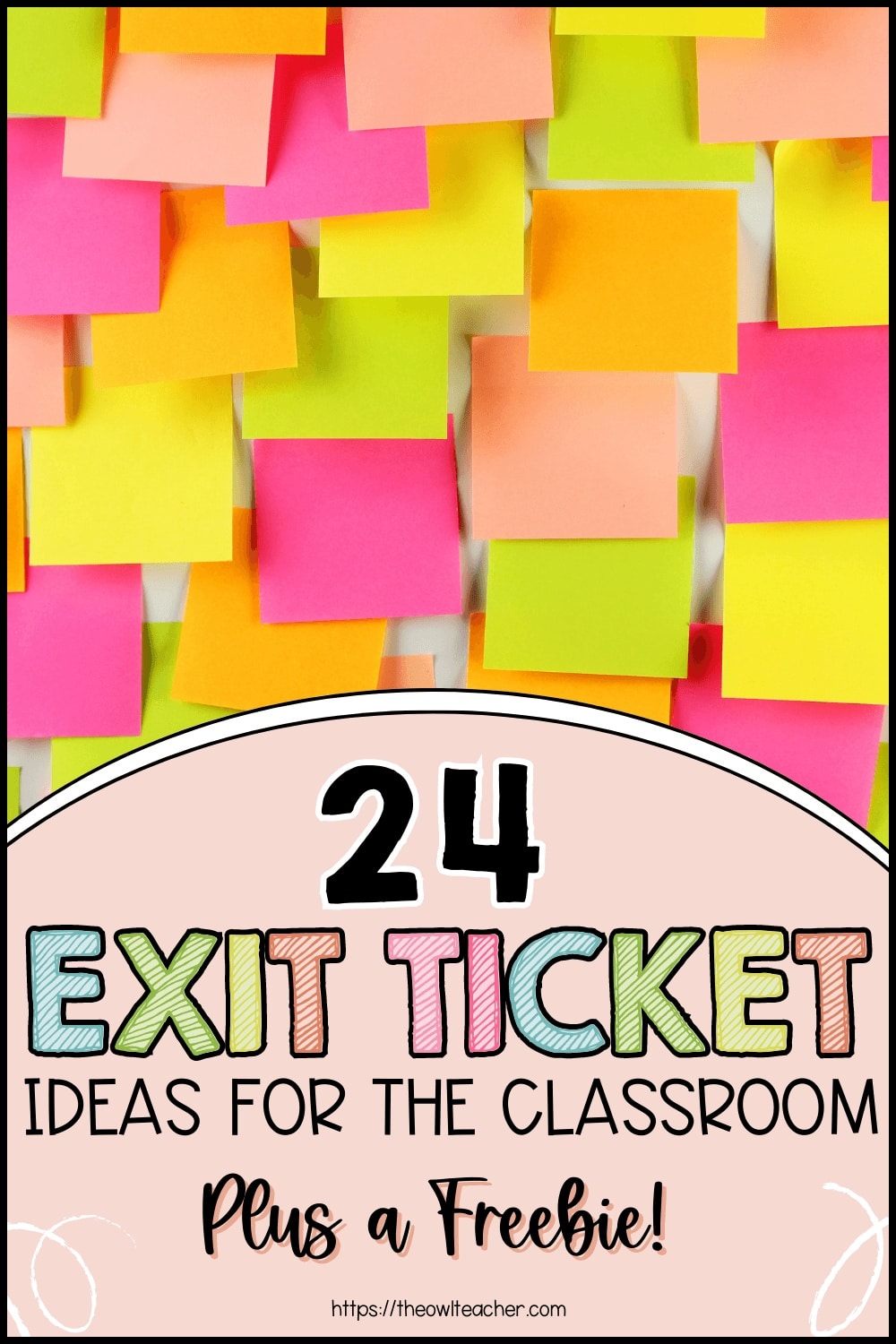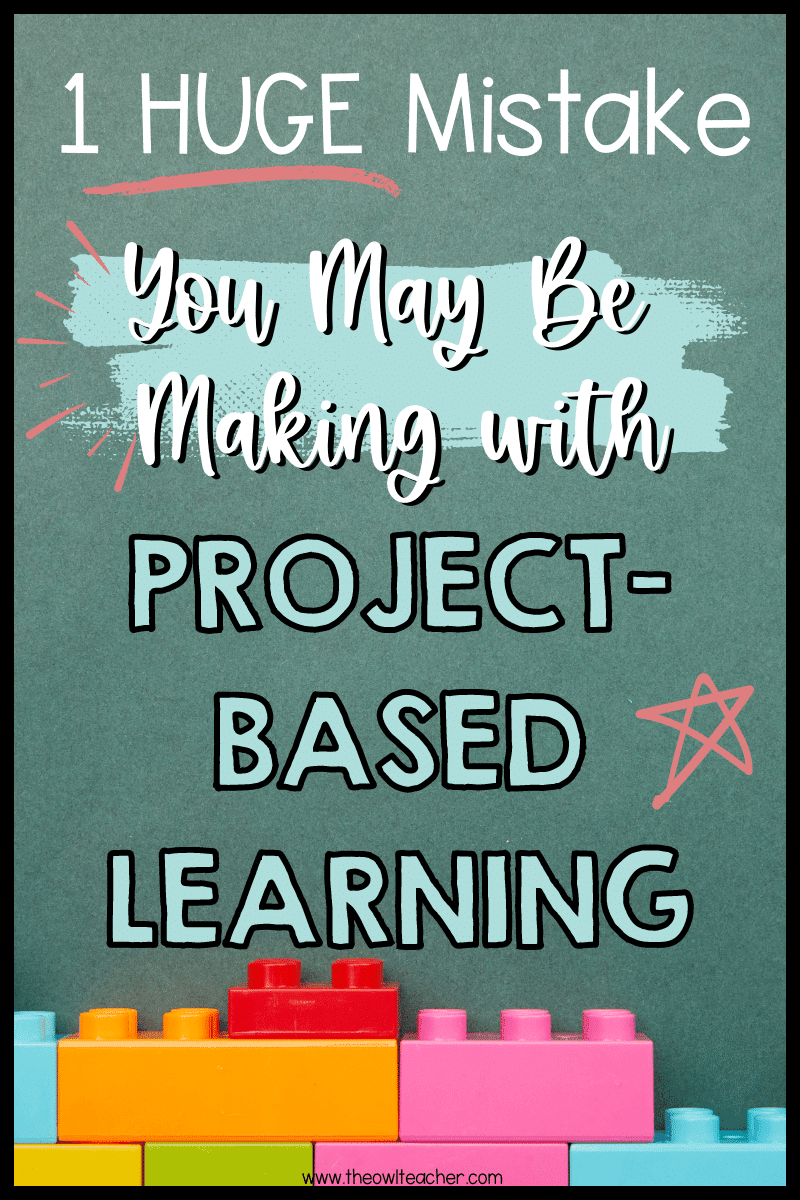
Tasks could be a ton of enjoyable for each you and your college students–it’s no secret. That’s why project-based studying is such successful!
However how a lot enjoyable is too a lot enjoyable?
Okay, okay, I do know I’m going to sound just like the Enjoyable Police right here, however hear me out: one of the best tasks for project-based studying strike a effective line between enjoyable and schooling. Going too far in both course results in college students going off-task or simply disengaging fully. Clearly, that isn’t our aim! We use tasks to maintain our college students engaged whereas additionally encouraging self-led exploration and schooling.
As a way to determine the place precisely the road is crossed from project-based studying right into a fluffy, frivolous aspect venture with no actual depth, we should first look at what makes project-based studying so distinctive in addition to its significance within the classroom.
On the finish, I’d simply assign you a venture, too… So concentrate!
 Learn on to find every thing about project-based studying!
Learn on to find every thing about project-based studying!
What’s Mission-Primarily based Studying?
Mission-based studying, or PBL, is outlined by the Buck Institute for Training as “a educating methodology by which college students study by actively participating in real-world and personally significant tasks.” Alright, in order that’s type of a mouthful… Let’s break it down!
Initially, PBL is simply that: a “educating methodology.” It’s not a complement to your educating or an additional occasion to be tacked on each every so often. It’s a completely new methodology of educating! Once we merely assign college students a presentation on the finish of a lesson, that’s not project-based studying; relatively, it might extra intently align with an evaluation to test for understanding.
“Culminating tasks” on the finish of a lesson usually have that concern–they test for understanding. There’s nothing unsuitable with utilizing them as assessments, after all, however calling them project-based studying is deceptive. With PBL, the scholars discover and develop an understanding by the real-world or private utility of the query being posed. Mission-based studying guides college students towards the top aim of understanding.
Some examples of PBL embrace planning a city’s setup based mostly on outlined parameters, creating and managing their very own enterprise, getting ready for pure disasters, and so forth. Primarily, if college students can work on this venture for an prolonged time frame (versus a weekend ebook report) and are working by understanding and fixing a real-world drawback by a product or presentation for an viewers, then likelihood is, you’ve nailed what PBL is all about!
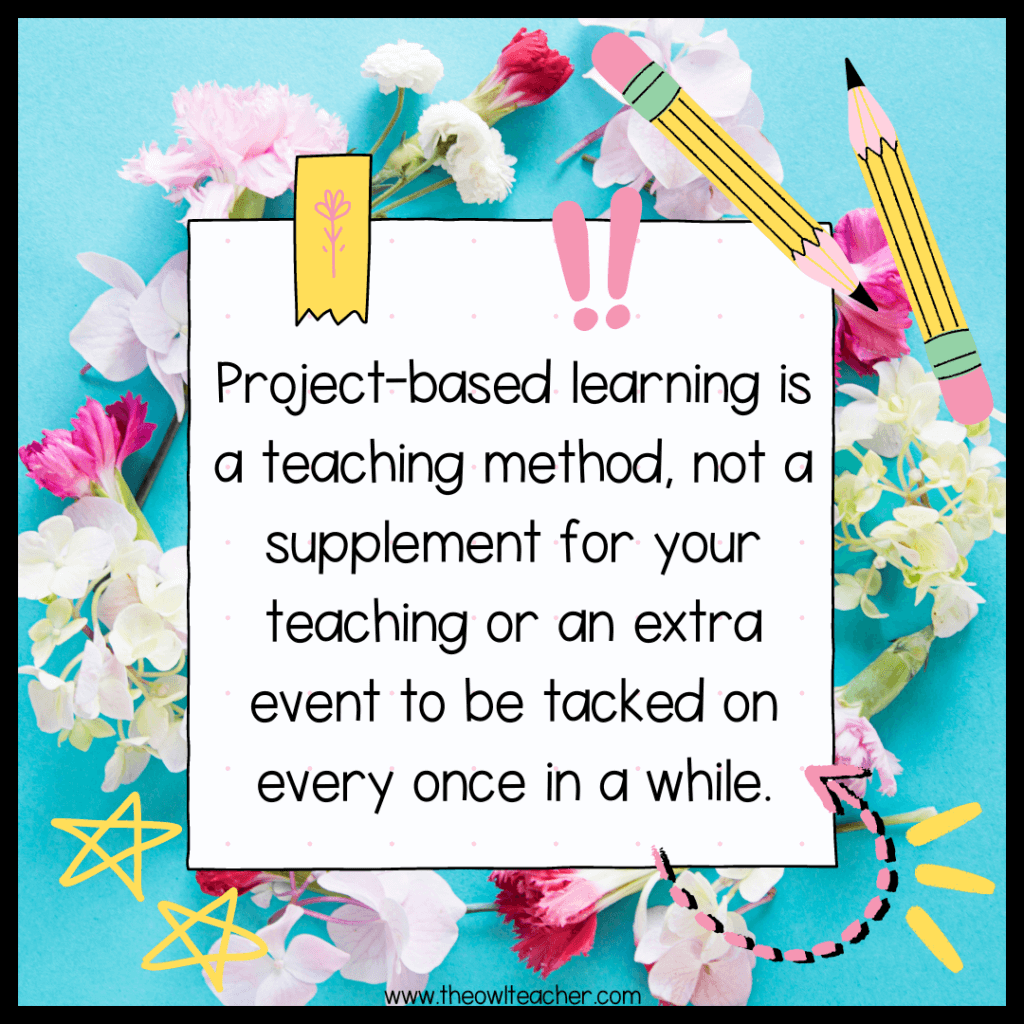
Why Use Mission-Primarily based Studying?
When college students are supplied exploration by PBL, they’re inspired to collaborate and interact their essential considering expertise to unravel advanced, real-world issues. Crucial considering expertise are one thing that I really feel doesn’t come up sufficient in our customary curriculum, but is so necessary to show regardless. College students will use essential considering for the remainder of their lives in a myriad of conditions. By growing these expertise, we’re setting college students as much as be not solely profitable students, however profitable adults as properly.
After all, essential considering expertise aren’t the one profit to PBL. By being permitted to discover content material in a method distinctive to every pupil, they develop deeper content material information relatively than the surface-level understanding of plugging in a selected math technique to get the reply. As well as, college students study to collaborate with each other in constructive methods to achieve an answer; it goes with out saying that communication expertise can be developed right here, as properly!
Not solely does project-based studying look at real-world issues, however it additionally develops the real-world expertise wanted outdoors an academic surroundings. With essential considering, communication, and creativity expertise, what extra might you ask for in an academic software?
Tasks vs. Mission-Primarily based Studying
If project-based studying is a educating methodology, then tasks are extra of a educating add-on. PBL guides college students to grasp and remedy a real-world drawback, whereas most tasks are used to test for understanding on the finish of a lesson, and even simply used for enjoyable round particular occasions or holidays.
Nonetheless, typically the road between tasks and project-based studying could be a bit nuanced. Based on the Buck Institute for Training, tasks might be break up into 4 classes:
- Dessert Tasks
- Facet Dish Tasks
- Buffet Tasks
- Finish of Unit Assessments
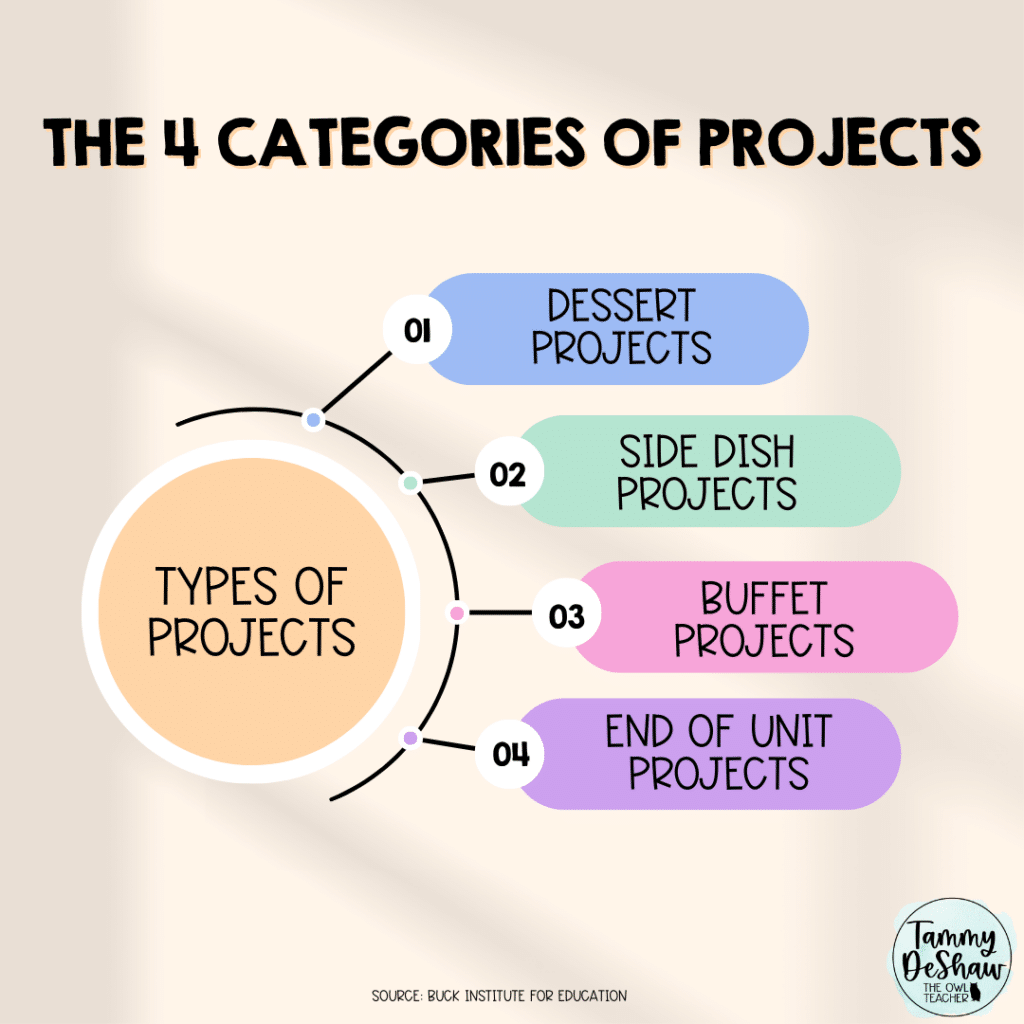
Dessert tasks are basically what they sound like: tasks which are meant to be a enjoyable approach to end your meal–or on this case, your unit. Quite than the venture’s goal being studying, dessert tasks are merely for enjoyable. An instance of this sort of venture could be making a cute poster on the finish of a lesson about what the coed has realized.
Facet Dish tasks are usually a supplemental exercise that’s tacked on to the primary lesson. College students could create a household tree as part of their gene unit, write a report on an inventor as a part of a science historical past unit, or just create a presentation to show fellow college students what they realized over the unit.
Buffet tasks sound complicated at first, however they’re one thing I do know I’ve supplied in my very own classroom, and I’m keen to guess that you’ve got, too. The sort of venture offers college students with quite a lot of decisions that they’ll full which are all tied to a standard theme–for example, if you happen to assign college students a ebook report, however allow them to determine whether or not they need to create a written essay report, a film trailer, a PowerPoint presentation of the ebook’s plot, or a diorama of a big scene from the ebook.
Finish of Unit Assessments are comparatively self-explanatory. Usually, on this case, college students can be offered with a culminating query after a unit and requested to reply it totally by both an essay-type writing or by some type of presentation. Similar to the identify implies, this venture is admittedly extra of an evaluation than the rest.
All through these 4 varieties of tasks, there may be one fundamental theme: these tasks are all after-the-fact. These tasks are offered to college students after the educational has been achieved–there may be normally little, if any, room to proceed the exploration of the subject. If a pupil doesn’t perceive the lesson by this level, it’s extraordinarily unlikely that the assigned venture goes to assist.
In distinction, project-based studying is, as talked about earlier, a educating methodology relatively than a complement or add-on like easy tasks. PBL offers college students with the liberty of exploring the subject and the authenticity of fixing a real-world drawback that’s related to the scholars not directly. Tasks are way more inflexible and are sometimes accomplished with the only goal of fulfilling a rubric.
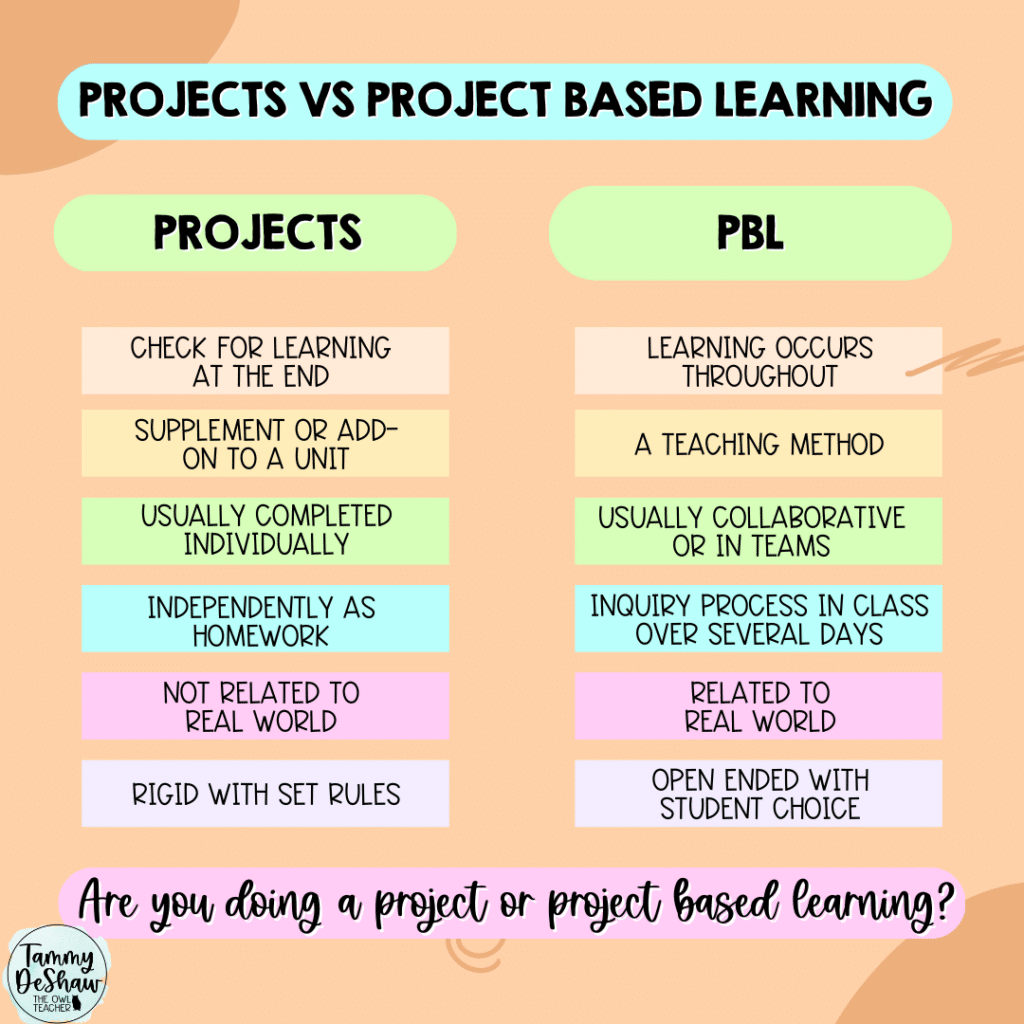
Flip Tasks into Mission-Primarily based Studying
When you’re coming to the belief that your classroom is rife with tasks, by no means concern! Many tasks might be tweaked to meet the requirements of PBL. First, we assess our tasks. Most tasks work off Bloom’s Taxonomy from the underside up–you understand, steadily shifting from remembering and understanding a subject to finally creating new works. Nonetheless, that’s the other of what PBL desires from our college students!
PBL begins college students off by asking a real-world, advanced query that can finally drive their path by the unit. In different phrases, PBL begins on the prime of Bloom’s Taxonomy and works down! By approaching the query first, college students can be moved to assume critically and uncover what info they should know, what they don’t but perceive, and how you can go about discovering and analyzing this knowledge as a way to remedy the issue at hand.
Okay, so we will flip tasks round to show them into project-based studying. However what else? Properly, we’ve lined essential considering. Now let’s work on making tasks collaborative! Many tasks are sometimes particular person take-home assignments that see little, if any, communication between friends. A easy repair for that is to make tasks greater! Have college students work in pairs and even teams as a way to encourage communication. This will even assist college students develop essential considering expertise by bouncing concepts off each other.
Lastly, breaking tasks down into completely different phases helps to supply “benchmarks” of kinds to your PBL. Whereas we definitely need college students to have interaction and develop their essential considering expertise, we don’t essentially need to overwhelm them! Breaking a venture into phases helps create manageable checkpoints that each our college students and us as lecturers can use to make sure ample progress is being made. This additionally ensures that the venture is together with a “sustained inquiry course of,” as really useful by the Buck Institute for Training–or, in different phrases, it helps us be sure that studying is occurring each step of the best way.
Mission-based studying doesn’t should be intimidating. In truth, many tasks we already use in our classroom might be transformed to PBL with only a few adjustments to the best way we method them! Nonetheless, in case you have a delicate spot in your coronary heart to your present tasks, and need to as an alternative implement new PBL actions in your classroom, I’ve obtained you lined with loads of context-rich drawback fixing in a simple, neat bundle!
Alright, I warned you again at the start… It’s time to your venture! Get your trifold board and PowerPoint shows prepared… Simply kidding! However, you do want to go to my retailer and take a look at my venture based mostly studying class so that you don’t should do all that considering! Click on right here to test it out.



